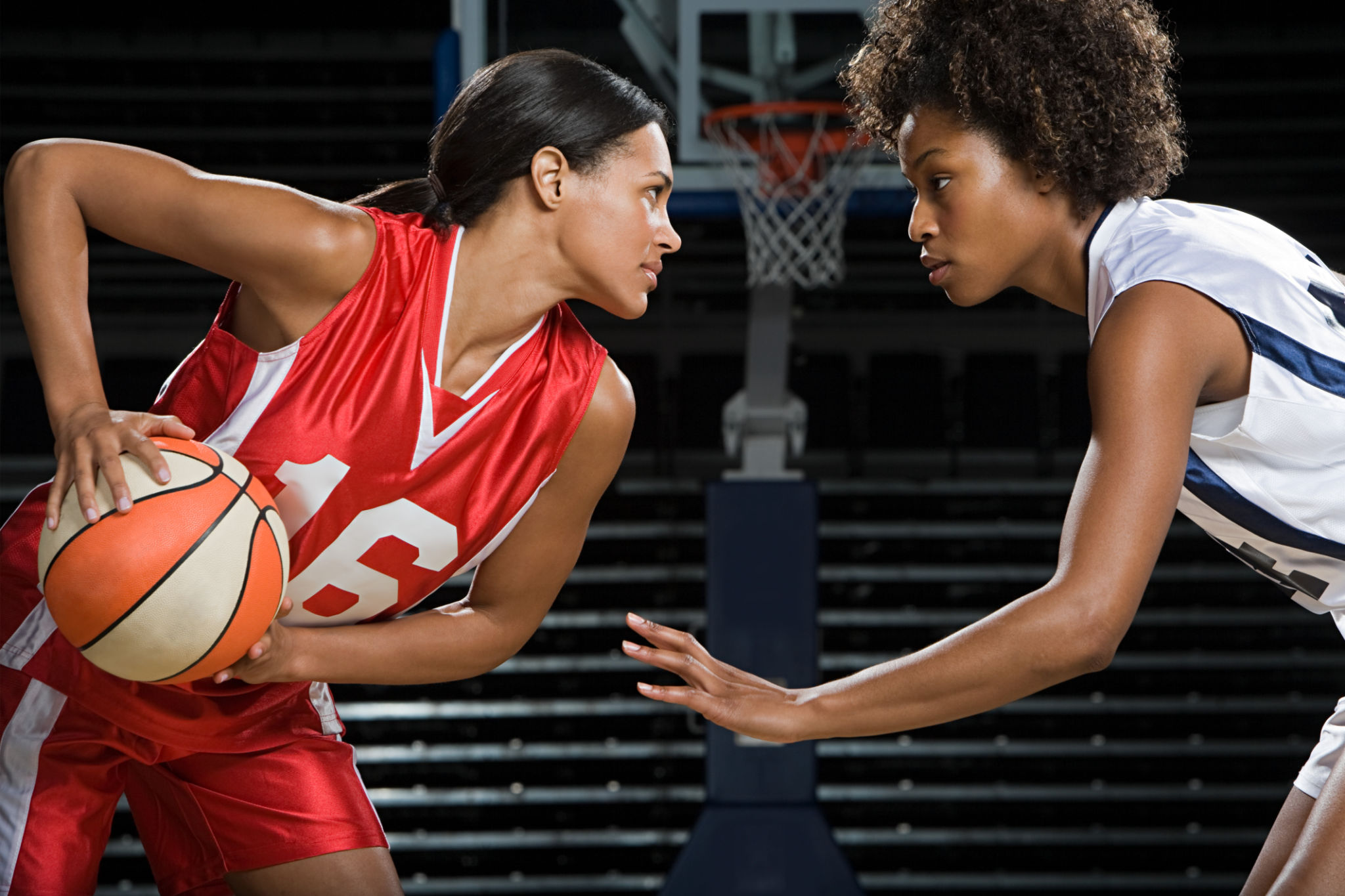Myth-Busting: Common Misconceptions About Women in Sports
Breaking Down Stereotypes
Women in sports have faced numerous stereotypes and misconceptions over the years. These myths not only undermine their achievements but also perpetuate outdated beliefs about what women can or cannot do in the athletic arena. It's time to address and debunk these misconceptions to pave the way for a more inclusive and equitable sports culture.

Myth 1: Women’s Sports Are Less Exciting
A common misconception is that women’s sports are less exciting or entertaining than men’s. This myth overlooks the incredible skill, strategy, and competitiveness that female athletes bring to their sports. Fans of women’s soccer, basketball, tennis, and other sports can attest to the high level of excitement and passion these athletes display. The increasing viewership numbers and sold-out events for women's sports are a testament to their growing popularity.
Myth 2: Women Aren’t As Strong As Men
The notion that women are inherently weaker than men in sports is not only outdated but also incorrect. Strength should not be measured solely by physical power. Women excel in various areas such as endurance, agility, and technique, which are crucial components of athletic performance. Various training regimens and athletic programs have demonstrated that women can reach extraordinary levels of strength and fitness.

Myth 3: Women Can’t Compete At The Same Level
Some believe that women cannot compete at the same level as men, which is simply not true. Women’s sports have their own unique challenges and set of skills. Comparing men and women directly does a disservice to both. Women compete fiercely within their own leagues and often face challenges that require exceptional mental toughness and perseverance.
Recognizing Achievements
Another common myth is that women’s achievements in sports are somehow less significant. This is a harmful misconception that ignores the dedication, hard work, and talent required to excel in any sport. Women like Serena Williams, Simone Biles, and Megan Rapinoe have shattered records and redefined what it means to be an athlete, inspiring millions along the way.

The Role of Media
The media plays a significant role in perpetuating or dismantling these myths. Historically, media coverage of women’s sports has been limited, leading to less visibility and recognition. However, this trend is changing as more platforms provide equal coverage and highlight female athletes' stories, bringing about a shift in public perception.
Encouraging Participation
Dispelling these myths is crucial not only for current female athletes but also for encouraging young girls to pursue sports. By creating an environment where young women feel supported and celebrated, we can foster a new generation of athletes who challenge norms and continue to push boundaries.
In conclusion, it's essential to confront and debunk these myths about women in sports. By acknowledging the skill, dedication, and achievements of female athletes, we can move towards a more inclusive future where talent knows no gender.